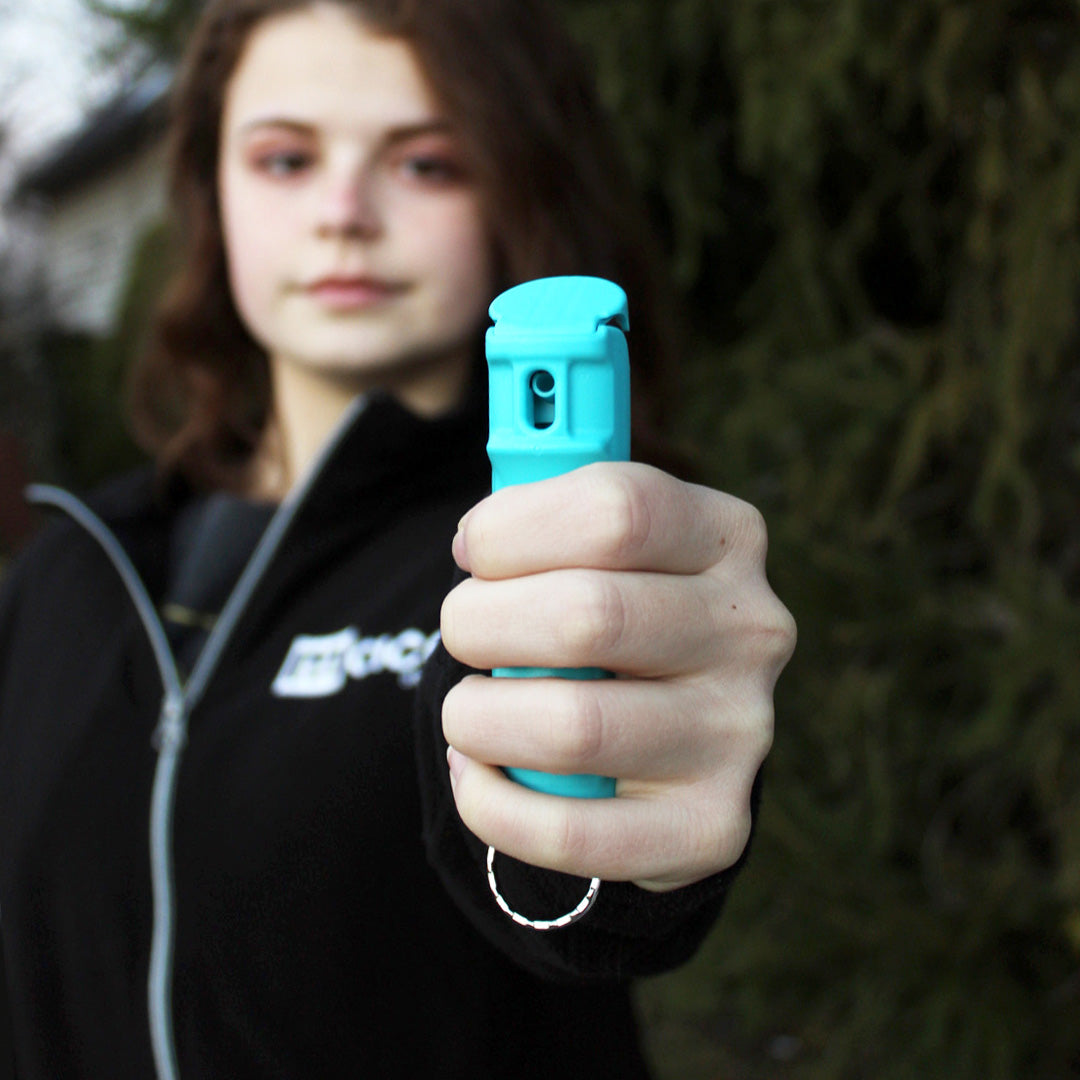Four Things to do before Choosing a Self-Defense Trainer

Self-defense training is empowering and useful in a range of scenarios. But if you are like most people, you probably don’t know how to take the first step.
What level of training do you need? Where should you look for training? And how do you pick a good trainer?
Here are four things to consider before you sign up for self-defense training.
1. Choose a certified trainer
Never choose a self-defense class or instructor at random. It’s important to do your due diligence before making the decision.
Seek out a certified instructor who has a law enforcement background. Not only do law officers have proven techniques for personal defense, they have experience observing what does and doesn’t work in stressful situations. A good instructor will respect your fears and concerns and empower you to act competently and decisively – yet with proper restraint – based on the level of danger.
2. Check out the coursework
Types of self-defense classes range from martial arts training to instruction on ways to “throw” an attacker to the proper use of non-lethal pepper sprays or weapons. But defending yourself effectively is not just about your size, it’s about your intelligence and knowledge of defense tactics.
A good self-defense course covers critical thinking about defense strategies, assertiveness, effective communication skills and simple physical techniques. Don't be afraid to ask potential trainers which specific tactics and strategies they plan to cover in class.
3. Get references
In addition to doing your research to find the right course and instructor, ask people you know for recommendations based on their experience. Word of mouth is a great way to determine which training will be a good fit for your needs as well as your lifestyle.
4. Don’t put it off
It’s hard to make a case against taking a course that empowers you to be less reactive – and more proactive – in a bad situation, and that provides you with tools to defuse or thwart an attack. Yet with our busy lives it’s easy to put self-defense training off until it’s too late.
Just ask yourself: Would you rather be prepared for the worst or be left wondering after an attack if self-defense training could have changed the outcome? Doing your homework up front will help you be prepared so that you can respond effectively when you need to defend yourself.





Leave a comment